
Goal 12: Sustainable Consumption and Production
A Match Made In Heaven: Meet The Brains Behind 'A Good Thing'
Cathy Benwell, the Co-Founder and CEO of 'A Good Thing', shares her take on the sharing economy and about how the app is tackling waste
By Jessica Jurkschat
9 November 2022
A Good Thing isn't your usual matchmaking app. It links businesses with local charities so they can send less to landfills and more to incredible causes. Cathy and her husband, Richard, always had the idea of the app, but never the time to create it. During the pandemic, the two made the most out of lockdowns, dedicating their new free time to getting the app up and running. And now, the rest is history!
From stationary to laptops to leftover paint and gardening supplies, the app is dedicated to finding a second life for things that would otherwise be tossed in the bin. Like they say, "One man's junk is another man's treasure."
We spoke with Cathy to find out more about A Good Thing, and its role in bringing businesses and charities together. Here's what she had to say:
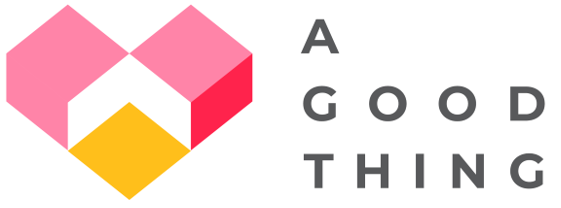
Tell us about A Good Thing - how did the idea come about, and what was the inspiration behind the platform?
My husband (and co-founder) and I first had the idea for A Good Thing many, many years ago… but it took some time for us to be able to make it happen! We were both working and had three young children, so life was busy. But the idea was always there, and we kept circling back to it in quiet moments. Then, in March 2020, the pandemic began: we suddenly had some time on our hands – at least in the evenings and at the weekends. So we decided to make it happen.
How does A Good Thing work?
A Good Thing is a matchmaking app. Think eBay or Airbnb. We link up brilliant local charities with businesses that have things to give away. It’s super, super simple! And it’s also a win-win. Charities love it and are able to access things they would not usually be able to afford. Businesses love it too, as they can feel great about doing something for their local communities and can share that positive story with their stakeholders. They avoid landfills, helping to achieve their sustainability goals, and saving money on the cost of having things removed or dumped.
Who uses the app?
Charities and businesses of absolutely every sort across the whole of the UK are using the app: large charities, tiny ones, businesses based in offices, businesses based in retail premises, sole traders working from home… Usually, there is just one user of the app within each organisation: within a business, this might be a site manager or office manager-type role. Within a charity, it could honestly be anyone.
What kind of things can be donated through A Good Thing?
Absolutely anything! We are asked that question a lot, but it’s so exciting to be able to say that there really are no limits. We have been offered things in the past and have initially felt doubtful about whether or not they will be wanted by charities, but we have learned that almost everything is wanted by someone in the end. It’s actually really inspiring. That phrase about “one man’s junk” could not be more fitting.
Over the summer, we had weird and wonderful items donated, including hundreds of bamboo poles plus some half-empty cans of wall paint. These all found a new home! We have also had toiletries donated: these were gratefully received by charities working with vulnerable women and survivors of domestic abuse. We have had greetings cards donated: these went to a wonderful charity running a project to support women in prison. We have had craft items donated to a charity working with disabled children and gardening supplies donated to a charity building a community garden for adults with mental health challenges.
Of course, we also welcome more ‘regular’ donations – things like furniture, stationery, surplus products and tech (like laptops, phones, etc).
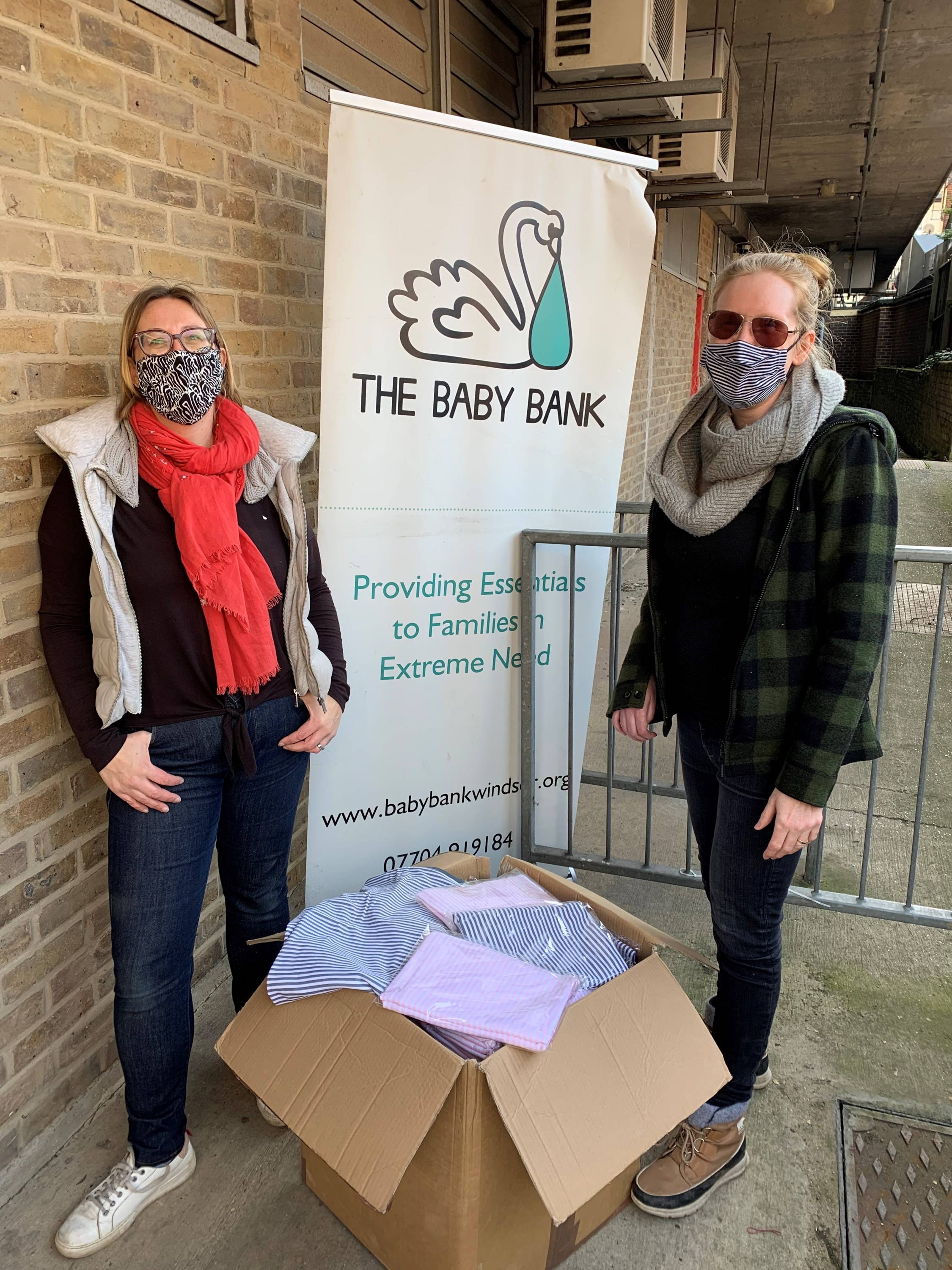
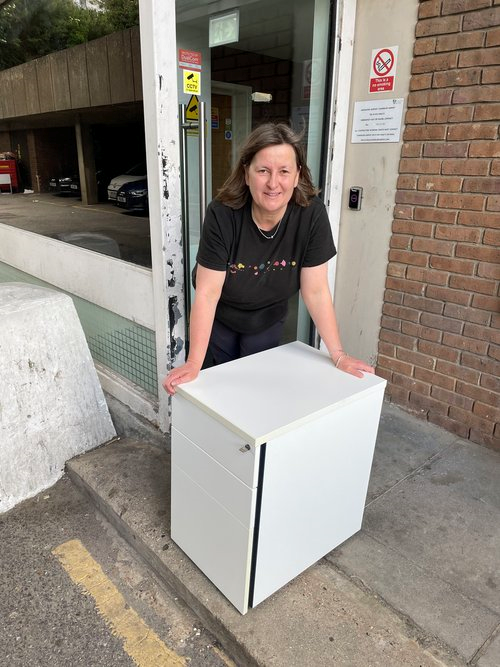
How does A Good Thing contribute to the sharing economy?
A Good Thing is all about avoiding items going into landfill. People talk about ‘throwing things away’, but we believe that there is no such thing as ‘away’. Almost everything can go on and have another life in a new home if we take the time to put a tiny bit of thought into it.
What is one of the biggest obstacles to the sharing economy?
Time. We speak with many businesses, and they all tell us that they would love to send less to landfills. They say they just don’t have the time it would take to look for a proper home for things. A skip or the local rubbish dump ends up being the fastest option in many cases - or at least this is what has happened historically. I think things are beginning to change now! And A Good Thing aims to make it as fast and efficient as possible to find new homes for things.
What are the advantages of being part of the sharing economy?
By being part of the sharing economy, we’re fighting the destruction of our planet in a very powerful way. We are working to combat climate change and are working to make our communities more sustainable. But of course, we’re also saving huge amounts of money (mainly for charities) – and this is crucial in the midst of the UK’s cost-of-living crisis. Through the sharing economy, charities are gaining items they would otherwise have had to pay for and are hence able to spend more of their valuable resources on delivering the wonderful work they’re there to deliver.
Do you see the sharing economy infiltrating other industries in the future?
Yes! I would love to see everyone everywhere engaged in the sharing economy. Events are a big one, and we have our sights set on them. We know that they can be very resource-heavy, and rather wasteful sometimes. It would be wonderful to build the practices behind the sharing economy into the event industry.
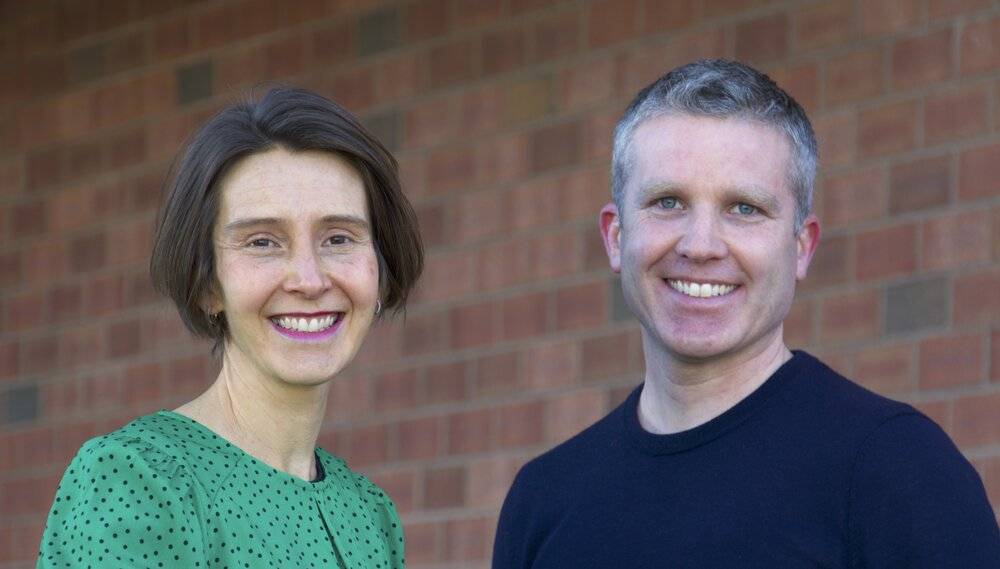
100% of profits from the sales of #TOGETHER products go to charities that advance the Sustainable Development Goals. Find out more here.
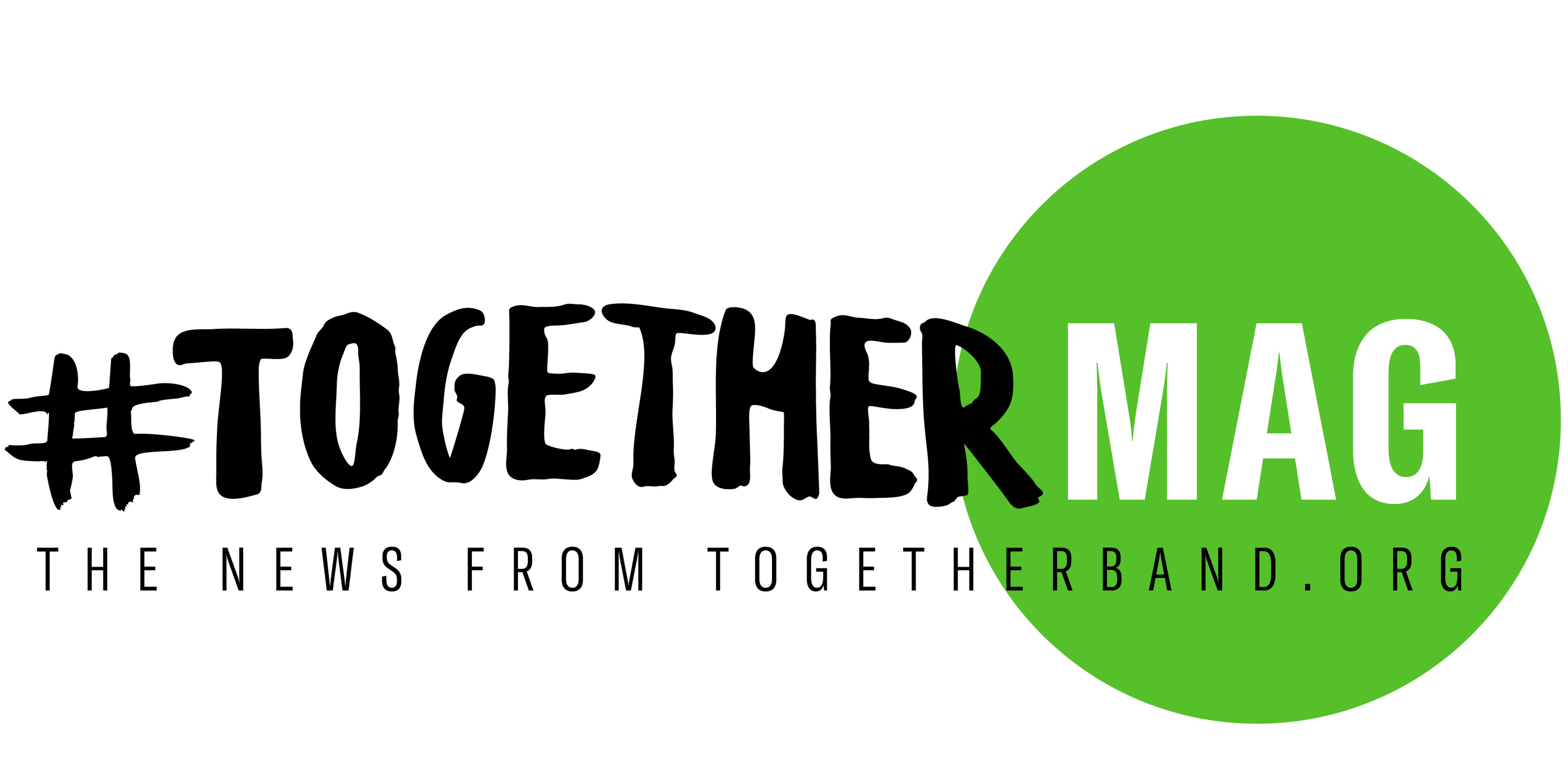
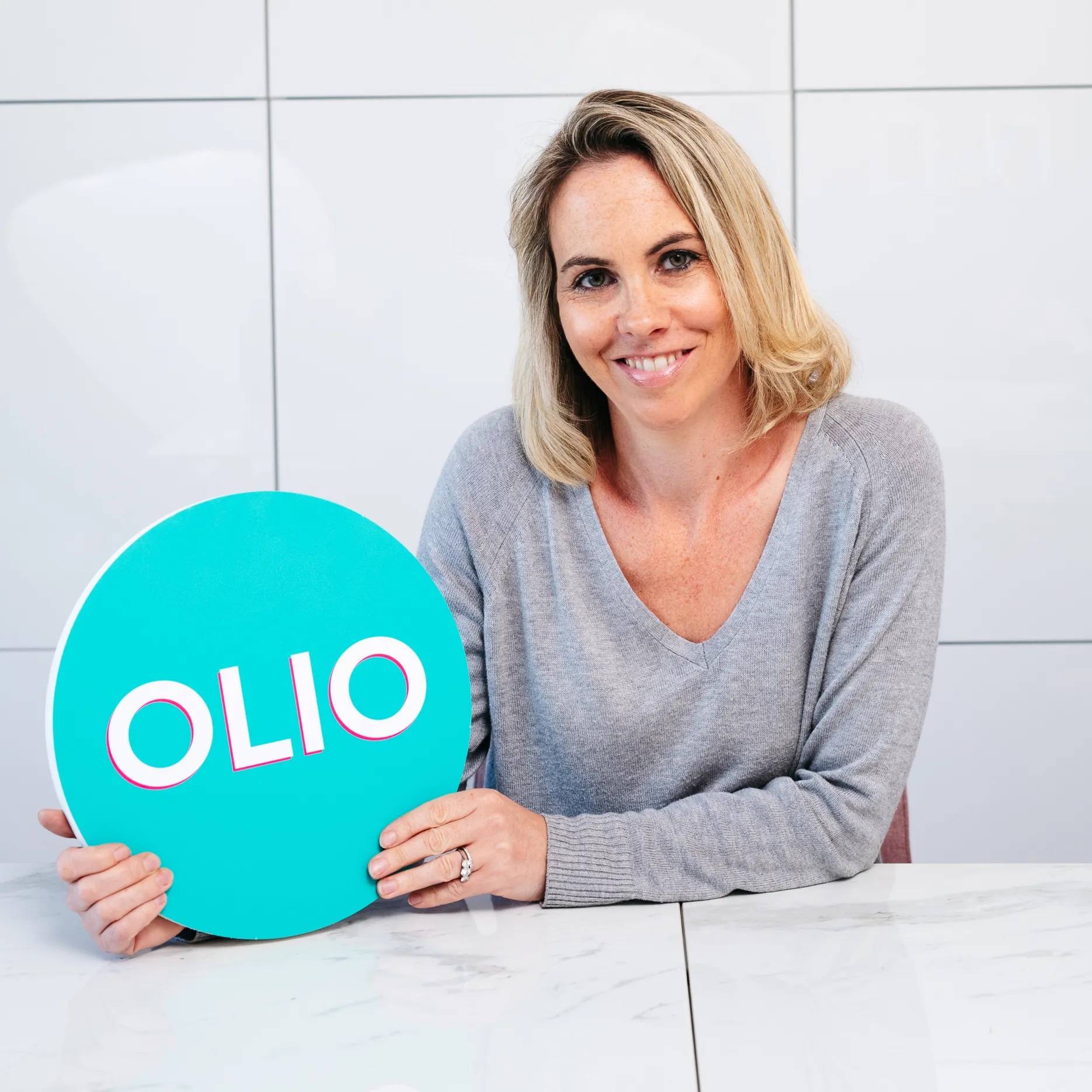

.jpeg)